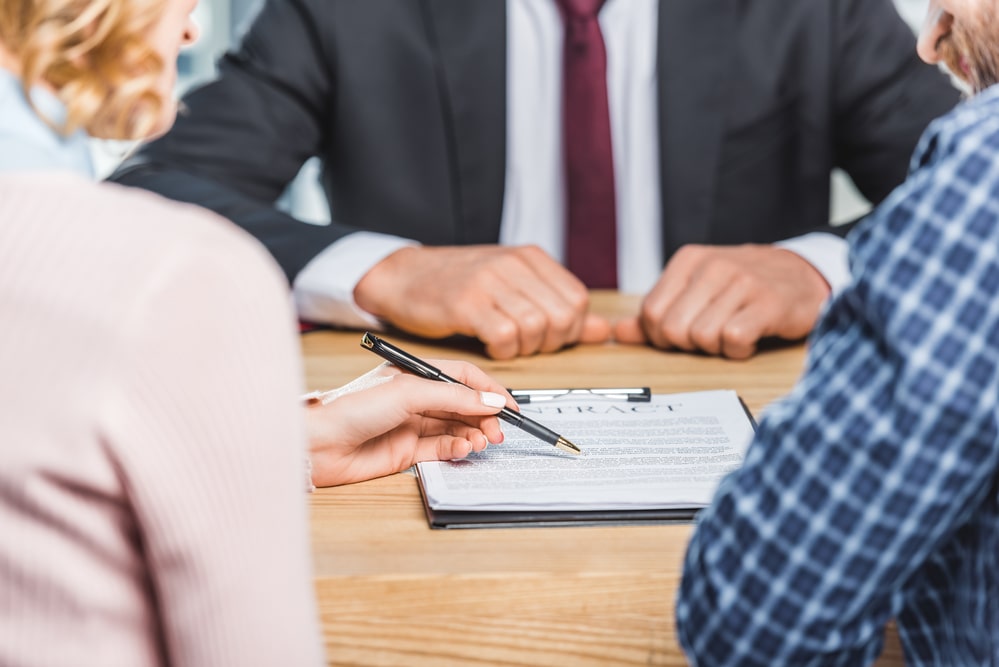Why Your Lawyer Won’t Use That “Evidence”
You’re in the midst of a legal dispute, armed with what you believe is a mountain of evidence to support your case. But to your surprise, your lawyer informs you that some of your “evidence” can’t be used in court. It can be frustrating, even leading you to question your lawyer’s competence. Amanda at Flat Fee Divorce Solutions explains why certain types of information are inadmissible in Court.
Here are six common types of “evidence” that your lawyer won’t be able to use in court, and why as shared by a mediation lawyer:
1. Notarized Statements From Friends
While a notarized statement from a friend might seem compelling, it doesn’t automatically make it admissible in court. These statements often fall under the category of hearsay – an out-of-court statement offered to prove the truth of the matter asserted. Unless an exception to the hearsay rule applies (such as a dying declaration or a statement against interest), these statements are generally inadmissible.
Why your lawyer won’t use it: Courts prioritize testimony given under oath and subject to cross-examination. Notarized statements lack these safeguards, making them less reliable in the eyes of the law. Your lawyer knows that presenting such evidence could weaken your case and damage your credibility.
2. Hearsay
Hearsay is a statement made outside of court that is offered in court to prove the truth of the matter asserted. This can include oral statements, written documents, or even conduct.
Example: If a witness testifies, “My neighbor told me she saw the defendant speeding away from the scene,” that statement is hearsay.
Why your lawyer won’t use it: Hearsay is considered unreliable because the person making the original statement was not under oath or subject to cross-examination. This makes it difficult to assess the truthfulness and accuracy of the statement. Your lawyer understands the importance of presenting direct evidence and testimony whenever possible.
3. Settlement Offers
Offers to settle a case, whether made by you or the opposing party, are generally inadmissible as evidence. This rule encourages parties to engage in settlement negotiations without fear that their offers will be used against them if the case goes to trial.
Why your lawyer won’t use it: The legal system seeks to promote open communication and encourage settlements. If parties feared their settlement offers would be used as evidence of guilt or liability, they would be less likely to engage in productive negotiations. Your lawyer understands that using settlement offers as evidence could jeopardize your chances of reaching a favorable agreement.
4. Privileged Information About Your Relationship With Your Attorney
Certain communications are considered privileged and protected from disclosure in court. The biggest one your attorney will protect is the attorney-client privilege. This means that your attorney will not have you testify about the advice they gave you, the offers you received or the meetings you had with them.
Why your lawyer won’t use it: This privilege is designed to protect important relationships and encourage open communication between individuals and their trusted advisors. Your lawyer is ethically and legally bound to maintain the attorney-client privilege.
5. Irrelevant Evidence
Evidence must be relevant to the case at hand to be admissible. Relevant evidence is defined as evidence that has any tendency to make a fact that is of consequence to the determination of the action more or less probable than it would be without the evidence.
Example: In a car accident case, evidence of the defendant’s political affiliation would generally be irrelevant.
Why your lawyer won’t use it: Irrelevant evidence can confuse the issues, mislead the jury, waste time, and create unfair prejudice. Your lawyer will focus on presenting evidence that directly supports your claims and is relevant to the legal issues at hand.
6. Surprise Evidence
Courts generally require parties to disclose the evidence they intend to present at trial in advance. This allows both sides to prepare their cases and avoid “trial by ambush.” Introducing surprise evidence at trial can be grounds for exclusion.
Why your lawyer won’t use it: The discovery process is designed to ensure fairness and allow both sides to present their best case. Surprise evidence can disrupt this process and create an unfair advantage. Your lawyer will adhere to the rules of discovery and ensure that all evidence is disclosed in a timely manner.
Trust Your Lawyer
The rules of evidence can be complex and vary by jurisdiction. If you’re involved in a legal dispute, it’s crucial to trust your lawyer’s guidance and knowledge of the rules. They understand the rules of evidence and will work to present the strongest and most admissible case possible on your behalf. Contact an attorney today for help.

